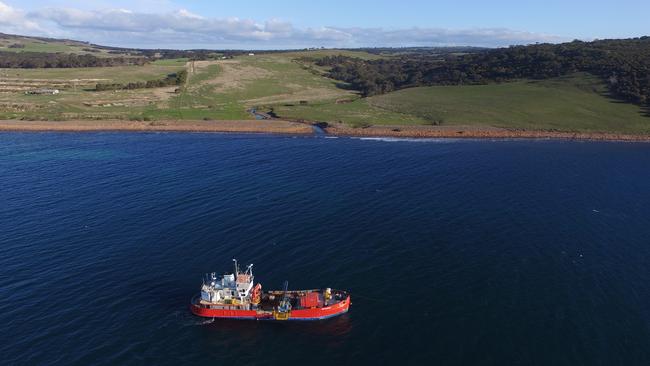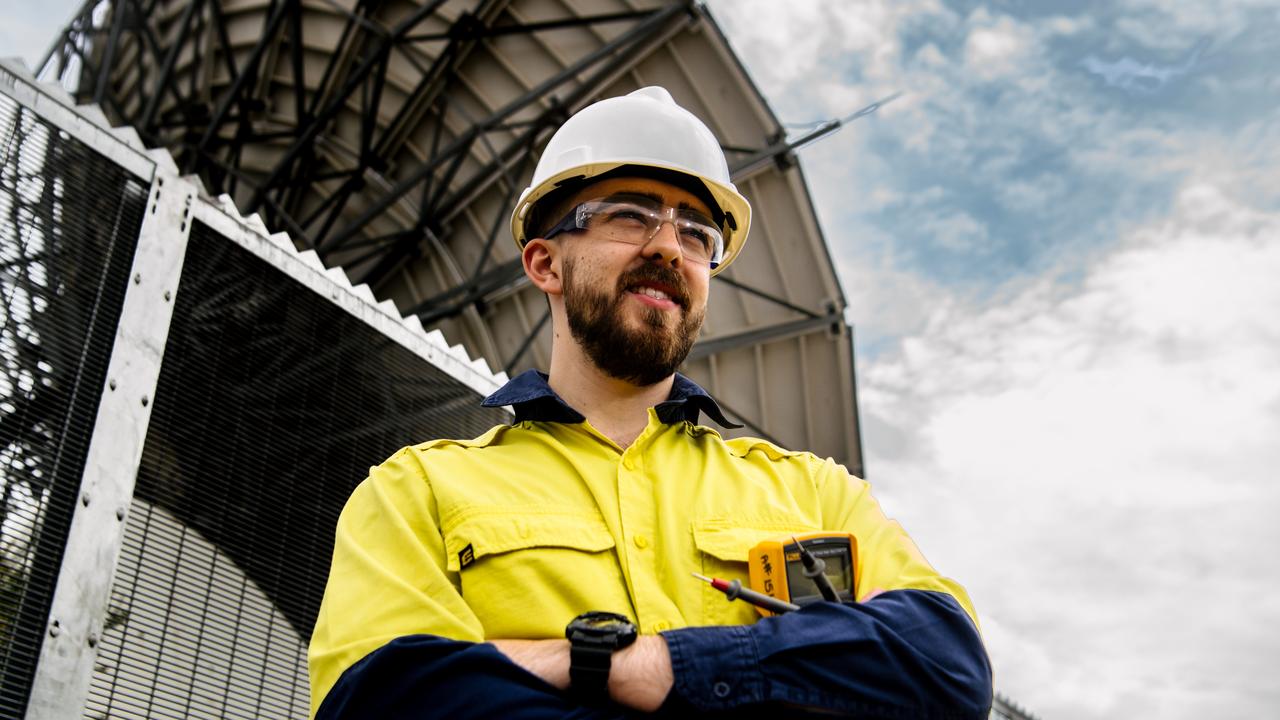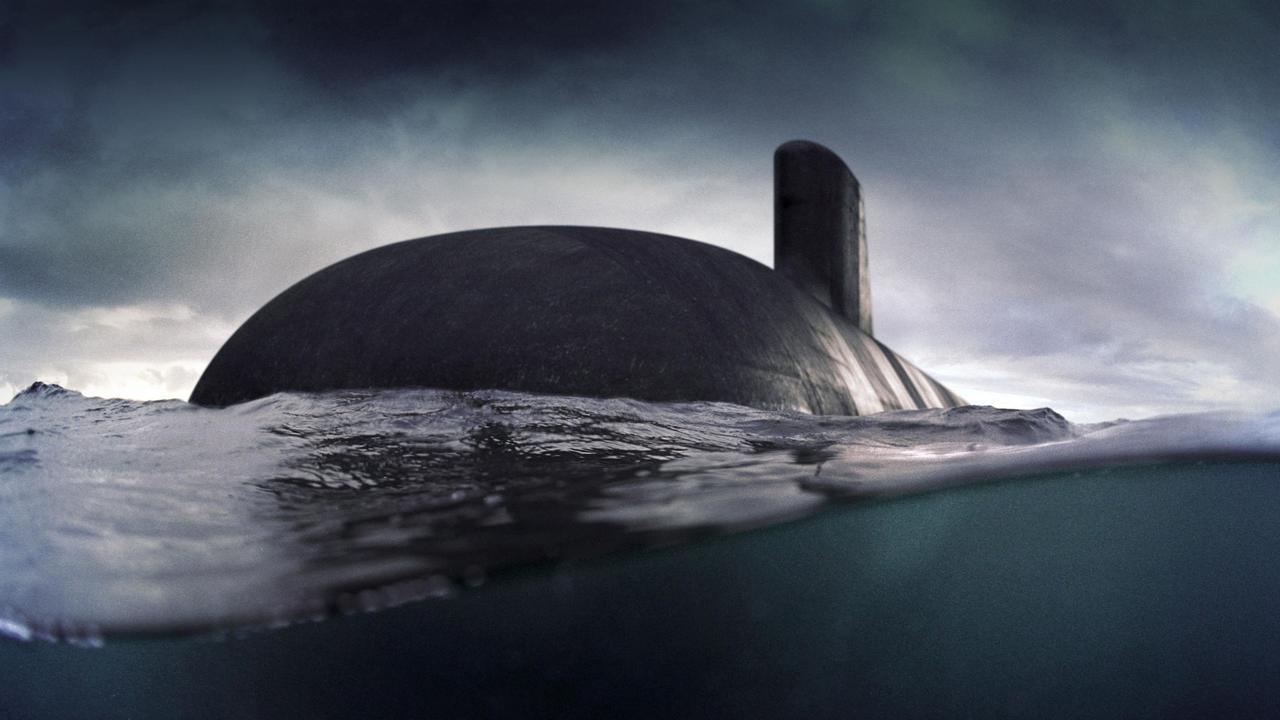Kangaroo Island Plantation Timbers shareholders urged to support seaport plans labelled “good for the environment”
The company behind plans for a new seaport at Kangaroo Island has urged its shareholders to back the project.
Jobs SA
Don't miss out on the headlines from Jobs SA. Followed categories will be added to My News.
- Kangaroo Island’s wild cats killed by poison-squirting robots
- Seaport environment plan shows whales face hearing damage
- Kangaroo Island seaport plan sparks concern about whales, dolphins
The company behind plans for a new seaport at Kangaroo Island has urged its shareholders to back the project.
Kangaroo Island Plantation Timbers managing director John Sergeant has written to shareholders spelling out ways the $30 million Smith Bay project is “good for the environment”.
The company’s environmental impact statement (EIS), which the State Government must approve before the project can go ahead, is out for consultation until May 28.
Mr Sergeant’s letter, released to the Australian Securities Exchange yesterday, said the project would help protect other Australian native forests by making plantation forestry viable on the island. Mr Sergeant also highlighted:
■ The ability of the company’s plantations to sequester carbon;
■ “Minimal” dredging required compared with other ports;
■ The company’s willingness to co-fund marine biosecurity surveillance;
■ “Stop-work” criteria set at one tenth of the level of any possible harm to filter-feeding organisms;
■ The use of a jetty structure and floating pontoon to minimise seabed disturbance and
■ A causeway limiting the amount of polluted creek water affecting water quality at a nearby abalone farm.

“Taking all these factors into account, we are confident that our project is good for the environment,” Mr Sergeant said.
As previously reported by The Advertiser, the environmental statement also noted a risk construction work could cause hearing damage in southern right whales.
“Soft starts” would be used when pile driving, and work would stop if whales were seen nearby. The report noted the loss of about 10ha of habitat from building the causeway and dredging. There would be increased risk of roadkill, with between six and 21 echidnas expected to be killed by trucks each year.
But Mr Sergeant said the company would “offset” the echidna deaths by contributing to a program to reduce feral cats and using “high productivity vehicles”.
“The net effect will be more echidnas,” he said
The company would also support a seagrass recovery program.
Yumbah Aquaculture operates the Smith Bay abalone farm, and director Anthony Hall pointed to “numerous unresolved issues”, including road upgrades, the type of timber haulage vehicles to be used, housing for the increased workforce and the amount of material dredged.
“The EIS states there will be significant risks to the environment, air and water quality, as well as the island’s animals and marine life, with introduced pests an inevitable part of the increased traffic that comes with a seaport,” Mr Hall said.
He said claims the seaport could be built without harming his business were “fanciful”.
michelle.etheridge@news.com.au


